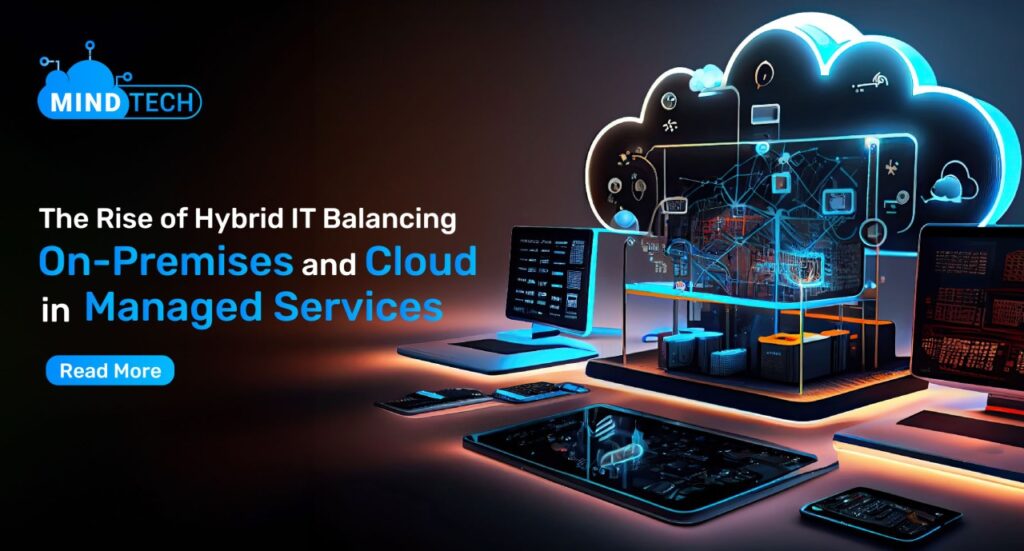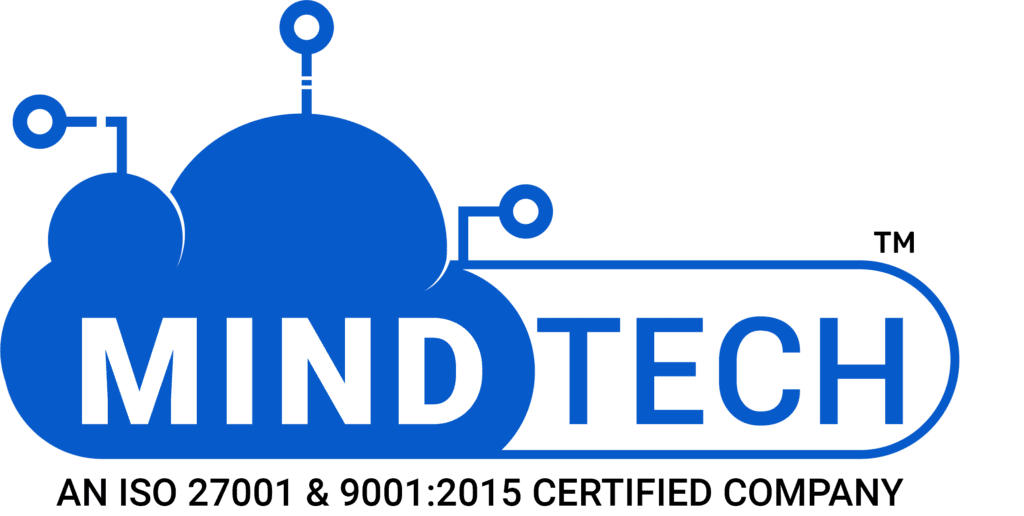The Rise of Hybrid IT: Finding the Right Tech Balance

Introduction
Ever thought about Hybrid IT as that sweet spot in the tech world, blending the reliability of on-site IT with the sleek efficiency of modern cloud services? It’s not just about tech; it’s like having the best of both worlds in a landscape that’s always evolving. Hybrid IT brings a flexible and efficient solution to manage IT needs, offering businesses a versatile approach.
Evolution and Adoption Trends
Understanding Hybrid IT
So, It’s not just jargon; it’s like bringing the old-school servers and the new-age cloud together for a tech collaboration. This dynamic duo has evolved as businesses crave more flexible and scalable IT solutions. Organizations are catching on, recognizing the benefits of this seamless blend of on-premises and cloud technologies.
Benefits of Hybrid IT
Flexibility and Scalability
Why does Hybrid IT stand out? Flexibility. It’s like a tech chameleon, adapting to the ever-shifting needs of businesses. This powerhouse lets organizations scale their IT resources on the fly, responding swiftly to whatever comes their way.
Security and Risk Mitigation
Security is always a concern, right? tackles it head-on, merging the tried-and-true on-premises security measures with the innovative solutions from the cloud. It’s not just a security boost; it’s a strategy to mitigate risks and stay in the compliance lane.
Challenges of Hybrid IT
Integration Complexity
Integrating on-premises and cloud systems? Not a walk in the park. It involves a complex dance, bridging the gap between two different IT worlds. Planning here is key – a meticulous strategy to ensure everything fits seamlessly.
Data Governance and Compliance
Keeping data safe and meeting regulations in the space can be tricky. Robust data governance practices are like the unsung heroes, safeguarding data and making sure the organization plays by the rules.
Best Practices for Hybrid IT Implementation
Strategic Planning and Alignment
The journey starts with aligning tech goals with the big-picture business objectives. It’s not just about throwing tech solutions together; it’s a comprehensive strategy to make sure it supports those long-term goals.
Technology Selection and Integration
Choosing the right mix of on-premises and cloud technologies is crucial. It’s not just about tech jargon; it’s about picking solutions that play well together, considering compatibility, scalability, and making sure everything clicks.
Real-World Examples and Case Studies
Success Stories in Hybrid IT Adoption
Real-life businesses have aced the game, gaining a competitive edge and transforming the way they operate.
Challenges and Lessons Learned
Sure, implementing has its hiccups – planning, expertise, and facing resistance to change. But these challenges become the stories that teach organizations how to navigate their journey.
Future Trends and Innovations in Hybrid IT
Emerging Technologies Shaping
Tech like AI and machine learning? They’re not just buzzwords; they’re changing the game, offering new possibilities for automation and optimization.
Impact of Edge Computing on Hybrid IT Architectures
Edge computing is like the unsung hero, changing how data is processed and enhancing the performance of setups.
Evolving Industry Standards and Regulations
Influence of Regulatory Frameworks on Hybrid IT Adoption
Regulations aren’t just paperwork. They guide how organizations adopt, making sure they stay compliant and manage the risks tied to data governance.
Collaborations within the industry are setting the standards for, aiming to establish best practices and guidelines for organizations to follow.
Conclusion
Isn’t just a phase; it’s a mindset shift in IT management. It’s the key to unlocking agility, security, and innovation in today’s digital landscape. For organizations eyeing, it’s about more than tech. Focus on strategic planning, careful tech selection, and robust data governance. Embrace Hybrid IT, and watch your IT capabilities soar, driving robust business growth.



